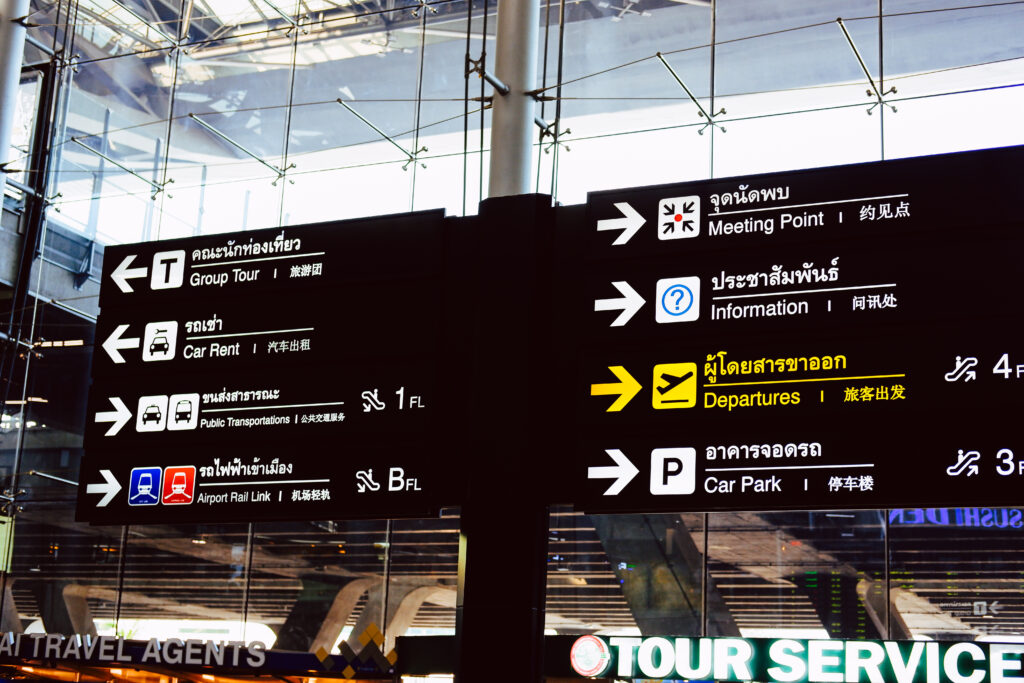The Ten Most Successful Addiction Treatment Thailand Companies In Regi…
페이지 정보

본문
Introduction
Medicine addiction is a complex and pervasive concern that impacts people, families, and communities worldwide. It really is described as the compulsive using medications despite their particular harmful effects. Medication addiction is an international issue that transcends social, social, and financial boundaries, affecting people of all centuries, events, and backgrounds. This report is designed to supply a brief history of medication addiction, highlighting its reasons, effects, and possible solutions.
 Causes of Drug Addiction
Causes of Drug Addiction
Numerous elements donate to the introduction of drug addiction, including genetic, ecological, and behavioral elements. Genetics be the cause in identifying ones own susceptibility to addiction. Analysis suggests that particular hereditary elements can make specific individuals prone to becoming hooked on medicines. Ecological elements, such as for example exposure to substance abuse inside the family members or community, in addition perform a substantial part. Also, psychological and personal factors, including anxiety, psychological state problems, and peer pressure, can contribute to addiction.
Ramifications of Drug Addiction
Medication addiction features severe repercussions on people and society overall. At a person amount, drug addiction can notably impair a person's physical and psychological state. Drug abuse can lead to chronic diseases, including liver and lung damage, heart related illnesses, and a heightened threat of infectious conditions like HIV/AIDS. Moreover, drug addiction often results in mental disorders like despair, anxiety, and psychosis. Additionally, addiction can stress private relationships, cause financial uncertainty, and increase the chances of criminal participation.
On a wider scale, drug addiction puts a substantial burden on society. It impacts healthcare methods, as addiction-related procedures and rehabilitation programs in many cases are costly. In addition, drug addiction plays a part in increased criminal activity prices, as people risk turning to unlawful tasks to maintain their particular addiction. Also, drug-related accidents and reduced output hinder economic growth and development.
Possible Solutions
Addressing medicine addiction needs a comprehensive and multi-faceted strategy. Prevention efforts should concentrate on training and increasing awareness about the dangers of drug use. Effective strategies consist of school-based prevention programs, neighborhood awareness promotions, and targeted interventions for susceptible communities.
Furthermore, therapy and alcohol rehab In thailand options needs to be made available and affordable to any or all those struggling with drug addiction. This involves establishing rehab centers, providing guidance and treatment, and guaranteeing the accessibility to medication-assisted treatment methods like methadone or buprenorphine. Support companies and aftercare programs may vital in guaranteeing lasting data recovery.
Furthermore, there is certainly a necessity for stricter legislation and control into the pharmaceutical business to avoid the abuse of prescription medications. Making sure the availability of alternative problem management practices can decrease the dependence on opioids, decreasing the threat of addiction.
Conclusion
 Drug addiction is a complex issue with serious consequences for people and culture. Its factors are multi-faceted and require numerous approaches to prevention and therapy. By raising awareness, enhancing knowledge, improving usage of therapy, and implementing stricter laws, society can take significant measures toward reducing the prevalence and influence of drug addiction. Fighting medication addiction necessitates collective attempts from governments, health care professionals, communities, and people to mitigate its impacts and provide support to those impacted.
Drug addiction is a complex issue with serious consequences for people and culture. Its factors are multi-faceted and require numerous approaches to prevention and therapy. By raising awareness, enhancing knowledge, improving usage of therapy, and implementing stricter laws, society can take significant measures toward reducing the prevalence and influence of drug addiction. Fighting medication addiction necessitates collective attempts from governments, health care professionals, communities, and people to mitigate its impacts and provide support to those impacted.
Medicine addiction is a complex and pervasive concern that impacts people, families, and communities worldwide. It really is described as the compulsive using medications despite their particular harmful effects. Medication addiction is an international issue that transcends social, social, and financial boundaries, affecting people of all centuries, events, and backgrounds. This report is designed to supply a brief history of medication addiction, highlighting its reasons, effects, and possible solutions.
 Causes of Drug Addiction
Causes of Drug AddictionNumerous elements donate to the introduction of drug addiction, including genetic, ecological, and behavioral elements. Genetics be the cause in identifying ones own susceptibility to addiction. Analysis suggests that particular hereditary elements can make specific individuals prone to becoming hooked on medicines. Ecological elements, such as for example exposure to substance abuse inside the family members or community, in addition perform a substantial part. Also, psychological and personal factors, including anxiety, psychological state problems, and peer pressure, can contribute to addiction.
Ramifications of Drug Addiction
Medication addiction features severe repercussions on people and society overall. At a person amount, drug addiction can notably impair a person's physical and psychological state. Drug abuse can lead to chronic diseases, including liver and lung damage, heart related illnesses, and a heightened threat of infectious conditions like HIV/AIDS. Moreover, drug addiction often results in mental disorders like despair, anxiety, and psychosis. Additionally, addiction can stress private relationships, cause financial uncertainty, and increase the chances of criminal participation.
On a wider scale, drug addiction puts a substantial burden on society. It impacts healthcare methods, as addiction-related procedures and rehabilitation programs in many cases are costly. In addition, drug addiction plays a part in increased criminal activity prices, as people risk turning to unlawful tasks to maintain their particular addiction. Also, drug-related accidents and reduced output hinder economic growth and development.
Possible Solutions
Addressing medicine addiction needs a comprehensive and multi-faceted strategy. Prevention efforts should concentrate on training and increasing awareness about the dangers of drug use. Effective strategies consist of school-based prevention programs, neighborhood awareness promotions, and targeted interventions for susceptible communities.
Furthermore, therapy and alcohol rehab In thailand options needs to be made available and affordable to any or all those struggling with drug addiction. This involves establishing rehab centers, providing guidance and treatment, and guaranteeing the accessibility to medication-assisted treatment methods like methadone or buprenorphine. Support companies and aftercare programs may vital in guaranteeing lasting data recovery.
Furthermore, there is certainly a necessity for stricter legislation and control into the pharmaceutical business to avoid the abuse of prescription medications. Making sure the availability of alternative problem management practices can decrease the dependence on opioids, decreasing the threat of addiction.
Conclusion
 Drug addiction is a complex issue with serious consequences for people and culture. Its factors are multi-faceted and require numerous approaches to prevention and therapy. By raising awareness, enhancing knowledge, improving usage of therapy, and implementing stricter laws, society can take significant measures toward reducing the prevalence and influence of drug addiction. Fighting medication addiction necessitates collective attempts from governments, health care professionals, communities, and people to mitigate its impacts and provide support to those impacted.
Drug addiction is a complex issue with serious consequences for people and culture. Its factors are multi-faceted and require numerous approaches to prevention and therapy. By raising awareness, enhancing knowledge, improving usage of therapy, and implementing stricter laws, society can take significant measures toward reducing the prevalence and influence of drug addiction. Fighting medication addiction necessitates collective attempts from governments, health care professionals, communities, and people to mitigate its impacts and provide support to those impacted.- 이전글Why Nobody Cares About Electrician Luton 23.12.04
- 다음글14 Businesses Are Doing A Fantastic Job At Mesothelioma Asbestos Claims 23.12.04
댓글목록
등록된 댓글이 없습니다.
